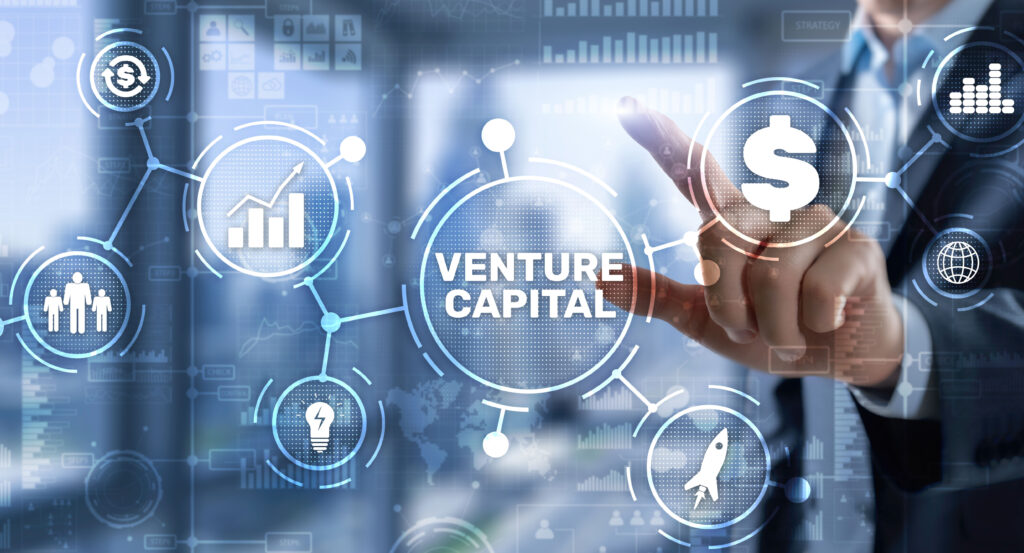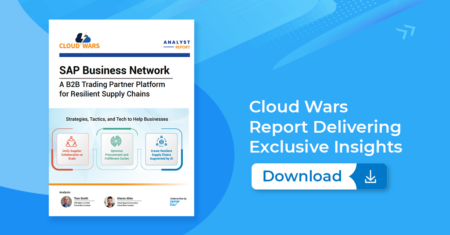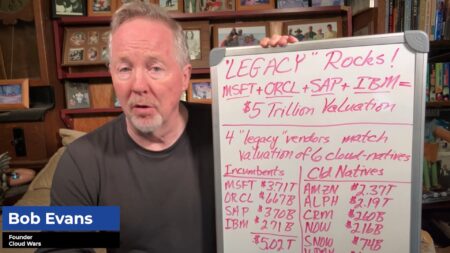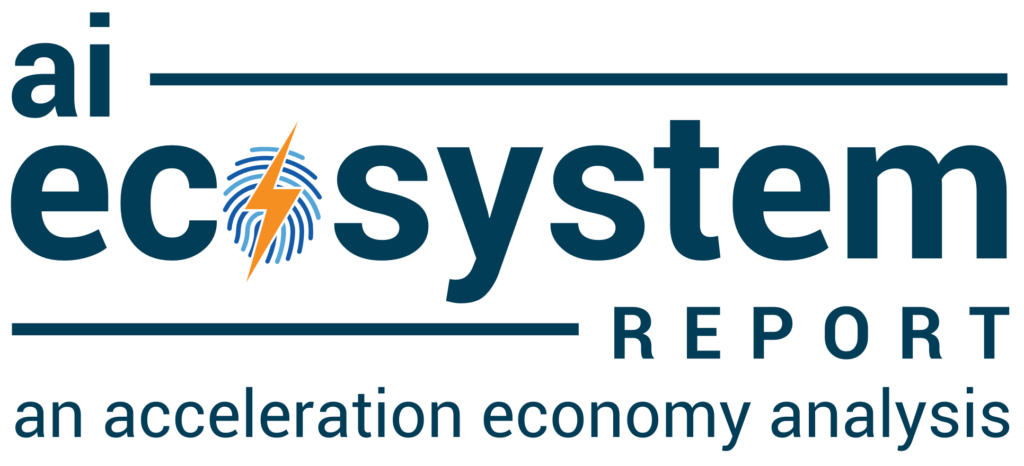
AI significantly impacts venture capitalists, startup founders, and new tech innovation in three ways:
- Large-scale investment activity is bringing more AI-powered innovations and products to market
- Investors rely on AI for more efficient investment analysis and management
- Start-up founders are turning to AI to build products and companies faster, with fewer people
AI Investment Trends
The Organization for Economic Cooperation and Development (OECD) reports $290 billion in total VC investments in AI over the last five years. This figure, coupled with projections suggesting that AI could boost annual GDP growth by 0.5 to 1.5% in the US over the next decade, translates to $1.2 trillion to $3.8 trillion in GDP.
While publicly traded companies like NVIDIA, Google, and Amazon are making waves in the AI ecosystem, startups are driving innovation and pioneering groundbreaking AI technology development.
The outlook for VC investment in AI remains bullish. According to data from PitchBook, VC investments in AI reached $22.3 billion in Q4 2023 and totaled $90.9 billion for the year. While this number is down from the highs seen in 2021 and 2022, it is above the $700 million recorded a decade earlier. Recent investments highlight this bullishness:
- xAI raised a $6 billion series B round of funding with investors including Andreessen Horowitz, Sequoia Capital, Fidelity Management & Research Co., and Saudi Arabian billionaire Prince Alwaleed Bin Talal and his Kingdom Holding company.
- Anthropic raised nearly $7 billion in funding this year. It made a deal with Amazon to invest up to $4 billion in the AI startup. As part of the deal, Anthropic will use Amazon Web Services data centers and AWS Trainium and Inferentia chips to build, train and deploy its models.
Ask Cloud Wars AI Agent about this analysis
AI-Powered Investment Analysis
By most estimates, VCs spend over 100 hours per startup in the analysis process. The manual effort and time are reduced as analysts use AI and automation to find and analyze market and company data. From identifying promising startups to monitoring their portfolios, VCs are arming themselves with AI to make smarter investments. Here are key areas in which investors report AI is becoming a difference maker.
- Deal Flow Automation: AI tools can analyze large amounts of data to identify potential investment opportunities, filter out irrelevant information, and focus on startups that meet specific criteria. By leveraging AI tools, such as Dili, venture funds can process and analyze vast datasets, uncovering trends and insights that were previously inaccessible due to the complexity and volume of the data. AI can save time by organizing startups into categories based on criteria such as stage, market size, business model, or industry.
- Data Analysis: Analyzing financial projections, valuations, burn rates, runways, and cash flow forecasts requires significant time and effort. AI tools shorten the time spent on analysis, allowing VCs to allocate it to other areas. These tools enable deep review of financial data and the use of algorithms to support scenario analysis, assess financial projections, and more.
- Predictive Analytics: AI powers predictive analytics, which assesses historical data, market conditions, and economic indicators to forecast future stock prices and market movements. The more data generated and applied from thousands of sources, the more proficient and valuable the outputs become for investors.
- Reducing Bias: Human bias is a common problem as investors search and analyze opportunities. Bias can overlook high-potential startups while neglecting inclusivity, diversity, and fairness within the startup world. Machines don’t have emotion yet. It is impossible to completely eliminate bias. However, more VCs are using tools such as DataRobot to reduce bias.
AI as a Growth Accelerator
While VC money is plentiful, it may not be needed at the same levels as in the past because more founders are turning to AI early and often to do big things with fewer people and resources. Bootstrapping their companies without taking large amounts of funding is appealing. The technology is helping startup companies streamline their operations and reduce the need for large teams, especially in the early phases of development.
Today and looking forward, founders don’t necessarily need the same funding to achieve early milestones. AI can develop and test minimal viable products, accelerate time to market, reduce overheard, and prove product-market fit with less risk. Three functions where startups are most actively applying AI are:
- Marketing. This group is the biggest benefactor of AI. What used to take teams of people or an agency can now be done by a single person or small team using GenAI. Go-to-market messaging, email, web copy, content development, social media, and even company names and logos can all be developed using AI. Campaigns and creative images that used to take days and weeks now take hours.
- Sales. Predictive AI models identify best-fit accounts. AI models are developed to populate databases with the right contacts. Initial outreach can be automated and personalized using copy developed by GenAI apps. AI-powered chatbots and copilot assistants are being enabled to support prospect engagement and inbound web visitors to answer questions, provide resources, and route inquiries. Hiring an army of expensive enterprise sellers is no longer the only model for young companies.
- Product Development. AI, machine learning, and natural language processing are being used to speed development. Instead of hiring an raft of developers and engineers, AI can automate code development and synthesize data. This enables founders to rapidly develop new products, first to validate and then deliver. In an exciting twist, entrepreneurs even turn to AI for new product idea generation.
Final Thoughts
While AI is not the cure-all and has well-documented shortcomings, it’s rapidly becoming a go-to resource of startup founders and their investor partners. Implementing AI within startup businesses creates ripple effects for both parties across the traditional VC funding model. It’s going to be fun to watch the bootstrap startups and the VC-funded juggernauts navigate these changes with AI playing a central role.
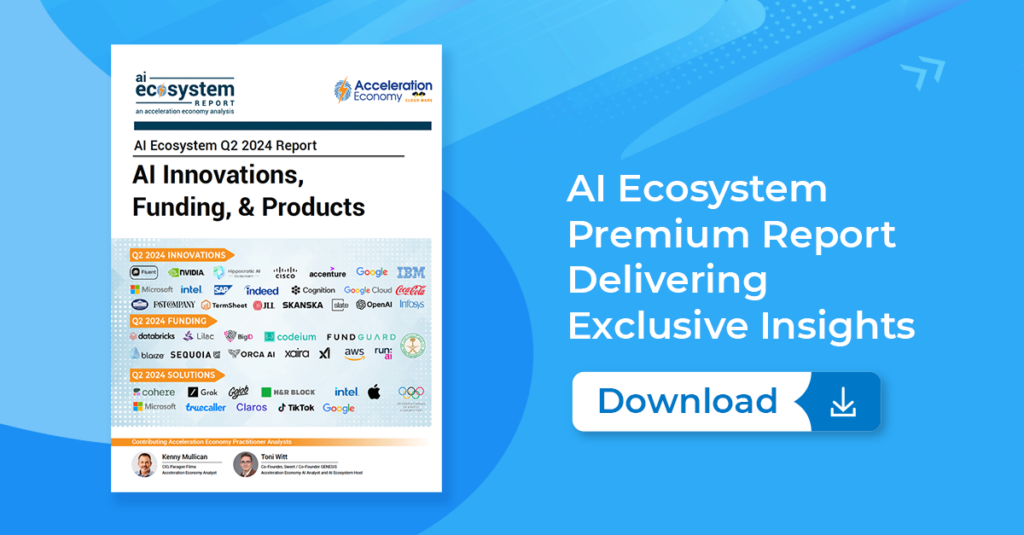
The AI Ecosystem Q2 2024 Report compiles the innovations, funding, and products highlighted in AI Ecosystem Reports from the second quarter of 2024. Download now for perspectives on the companies, innovations, and solutions shaping the future of AI.


